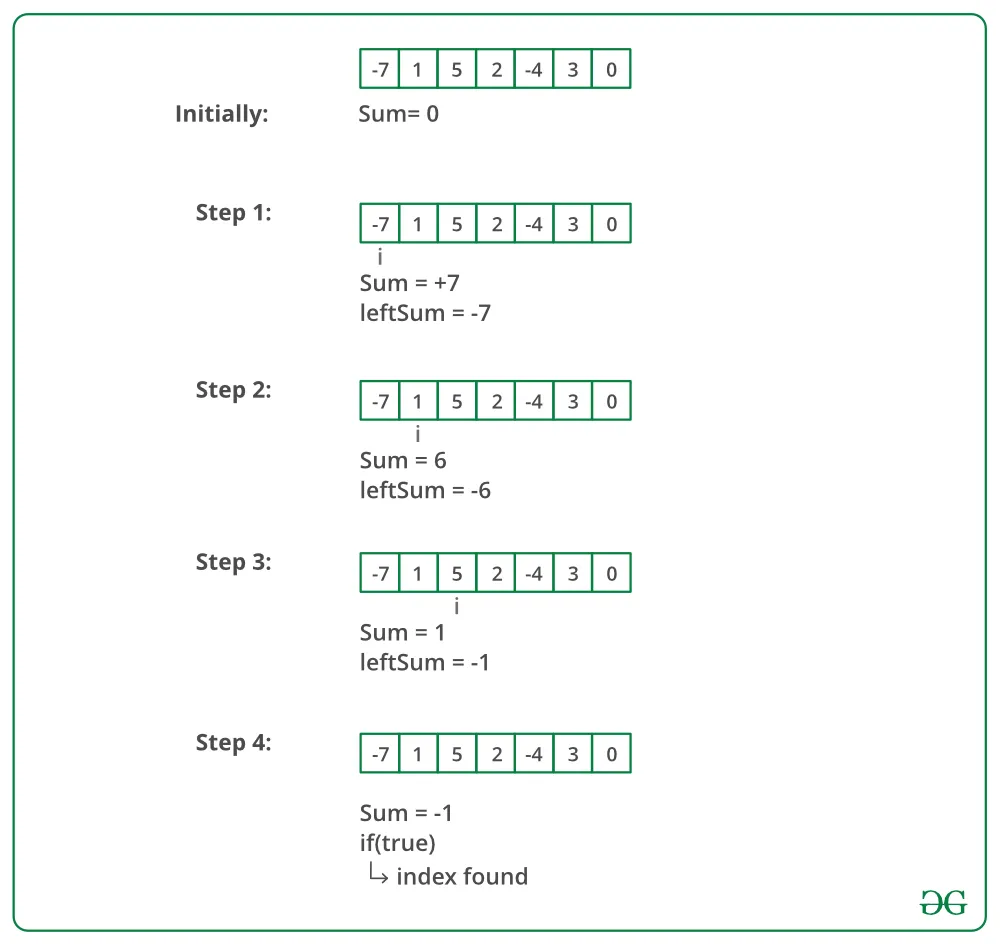Given a binary string S of 0s and 1s. The task is to make the given string a sequence of alternate characters by using the below operations:
- Remove some prefix from the start and append it to the end.
- Flip some or every bit in the given string.
Print the minimum number of bits to be flipped to make the given string alternating.
Examples:
Input:_ S = “001”_
Output:_ 0_
Explanation:
No need to flip any element we can get alternating sequence by using left rotation: 010.
Input:_ S = “000001100”_
Output:_ 3_
Explanation:
Following steps to find minimum flips to get alternating string:
_1. After rotating string 6 times towards left we will get: 100000001 _
2. Now we can apply flip operation as following: 101000001 -> 101010001 -> 101010101
Thus, minimum flips to make string alternating is 3.
Recommended: Please try your approach on {IDE} first, before moving on to the solution.
Naive Approach: The naive approach is to take all N possible combinations and calculate the minimum number of bits To flip in each of those strings. Print the minimum count among all such combinations.
Time Complexity:_ O(N2), where N is the length of the string._
Auxiliary Space:_ O(N)_
Efficient Approach: This can be solved by observing that the final string will be either of type “101010…” or “010101…” such that all 1s will either be at odd positions or at even positions. Follow the below steps to solve the problem:
- Create a prefix sum array where pref[i] means a number of changes required until index i.
- Create prefix arrays for both the above patterns.
- Check for every i, if substring[0, i] is appended at the end how many characters to be flipped required.
- Print the minimum number of flips among all the substrings in the above steps.
Below is the implementation of the above approach:
- Java
- Python3
// Java program for the above approach
**import** java.util.*;
**class** GFG {
// Function that finds the minimum
// number of flips to make the
// binary string alternating if
// left circular rotation is allowed
**static** **int** MinimumFlips(String s, **int** n)
{
**int**``[] a = **new** **int**``[n];
**for** (``**int** i = 0``; i < n; i++) {
a[i] = (s.charAt(i) == '1' ? 1 : 0``);
}
// Initialize prefix arrays to store
// number of changes required to put
// 1s at either even or odd position
**int**``[] oddone = **new** **int**``[n + 1``];
**int**``[] evenone = **new** **int**``[n + 1``];
oddone[``0``] = 0``;
evenone[``0``] = 0``;
**for** (``**int** i = 0``; i < n; i++) {
// If i is odd
**if** (i % 2 != 0``) {
// Update the oddone
// and evenone count
oddone[i + 1``]
= oddone[i]
+ (a[i] == 1 ? 1 : 0``);
evenone[i + 1``]
= evenone[i]
+ (a[i] == 0 ? 1 : 0``);
}
// Else i is even
**else** {
// Update the oddone
// and evenone count
oddone[i + 1``]
= oddone[i]
+ (a[i] == 0 ? 1 : 0``);
evenone[i + 1``]
= evenone[i]
+ (a[i] == 1 ? 1 : 0``);
}
}
// Initialize minimum flips
**int** minimum = Math.min(oddone[n],
evenone[n]);
// Check if substring[0, i] is
// appended at end how many
// changes will be required
**for** (``**int** i = 0``; i < n; i++) {
**if** (n % 2 != 0``) {
minimum = Math.min(minimum,
oddone[n]
- oddone[i + 1``]
+ evenone[i + 1``]);
minimum = Math.min(minimum,
evenone[n]
- evenone[i + 1``]
+ oddone[i + 1``]);
}
}
// Return minimum flips
**return** minimum;
}
// Driver Code
**public** **static** **void** main(String[] args)
{
// Given String
String S = "000001100"``;
// Length of given string
**int** n = S.length();
// Function call
System.out.print(MinimumFlips(S, n));
}
}
Output:
3
Time Complexity:_ O(N), where N is the length of the given string._
Auxiliary Space:_ O(N)_
Attention reader! Don’t stop learning now. Get hold of all the important DSA concepts with the DSA Self Paced Course at a student-friendly price and become industry ready.
#greedy #mathematical #strings #binary-string #google
